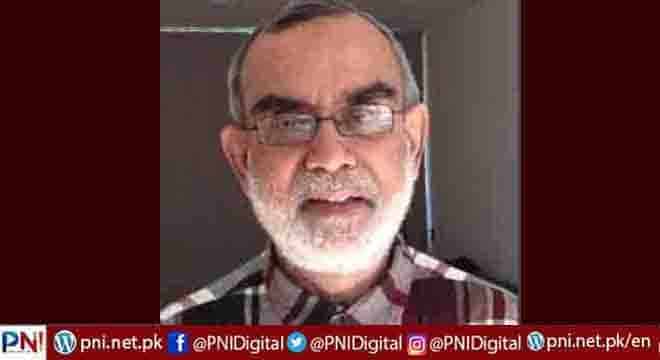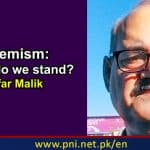“The most potent weapon in the hands of the oppressor is the mind of the oppressed”. Steve Biko
Many of my friends wonder how changing at the personal level can bring changes at the national level. It does not make sense because it is counter intuitive thinking. Nobel Laureate scholar Daniel Kahneman has beautifully shown the difference between intuitive and counter intuitive thinking and their strengths and limitations in his remarkable book ‘Thinking Fast, Thinking Slow’. According to Kahneman human mind has two distinct ways of thinking, thinking fast and thinking slow. The fast mind looks at the similarities and stereotypes and can be misled when appearances are different from realities. The slow mind probes deeper and looks at the dissimilarities behind the appearances. It critically reviews the reality. For example, a fast mind will tell us that earth is flat and a slow mind will tell us that earth is round. Both minds are looking at the same thing, but they come up with different conclusions. The fast mind looks at the form and the slow mind looks at the connections. It means before changing the system we need to change our mindset. And the most important change needed in that mindset is to stop looking up to elites to fight our battles.
Let me explain what I mean. How my ‘ethical’ view can turn into political power? We need to understand that official development assistance is the biggest source of corruption in the global South. As a brilliant American intellectual Ron Paul stated ‘Foreign Aid is the money going from the poor in rich countries to the rich in poor countries. John Perkins in his bestselling book “Confessions of an economic hit man” explains this dirty game in minute details. A fat public sector giving generous handouts in even mature democracies can benefit the rich not the poor in the absence of strong checks by civil society. What American diplomat Andrew Young once said with reference to the use of public funds for private riches in the USA “American system is socialism for the rich and capitalism for the poor” is equally true for Pakistan. The only alternative to end this game is to stop borrowing from international financial institutions (IFIs) who are modern day Shylock and invite direct foreign investment. This single legislation will end the interest of crooks in coming to power. Because power and politics will no more be a source of stealing national wealth.
How can an ordinary citizen make that happen? First, all political activists of every hue and colour, left right and centre need to realize that their interest is in uniting on one point agenda – “No to loans, yes to investments”, instead of engaging in vicious, meaningless battles. Our political activists need to learn to engage in nonpartisan politics to deal with issues of national interest. We need to make the transition from personality based politics to issue based politics. Only then can we end dynasty politics. Second, voters and political workers cannot leave the decision on the issue of legislation for breaking the begging bowl to the parliament. Our parliamentarians have little interest in legislation, parliamentary debates, and attending the sessions of parliament. If you look at the reports circulated by the Free and Fair Election Network (FAFEN) you will find the evidence. Most of the legislation in our country is done through the promulgation of Ordinances, not through negotiations and discussions based on evidence collected from the field. Our concerned voters should demand a referendum on this issue from the present government and make it binding on the parliament to legislate on this point. If people vote for investment, not loans that will bring an end to the stealing of national wealth. Third, we should use social and mainstream media to generate discussion and build support for ‘investment, not loan’ campaign. It is important to mention here that changing the rule of business, not the party or leader in power will make the difference. Any leader, party, or public opinion leader who ignores the need to change the rules of business and points fingers at others, does not want to end national losses but is interested in gaining power.








